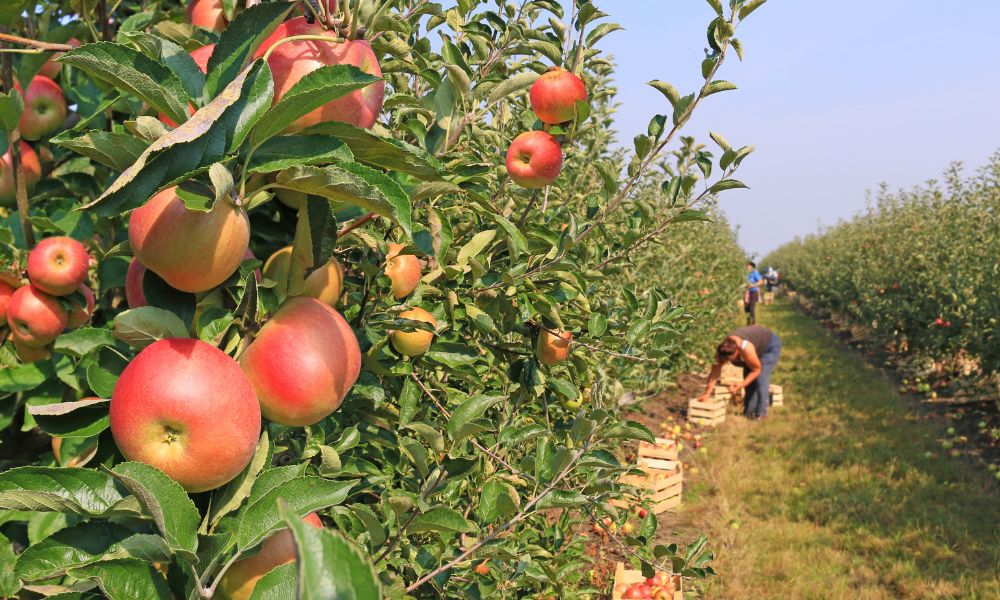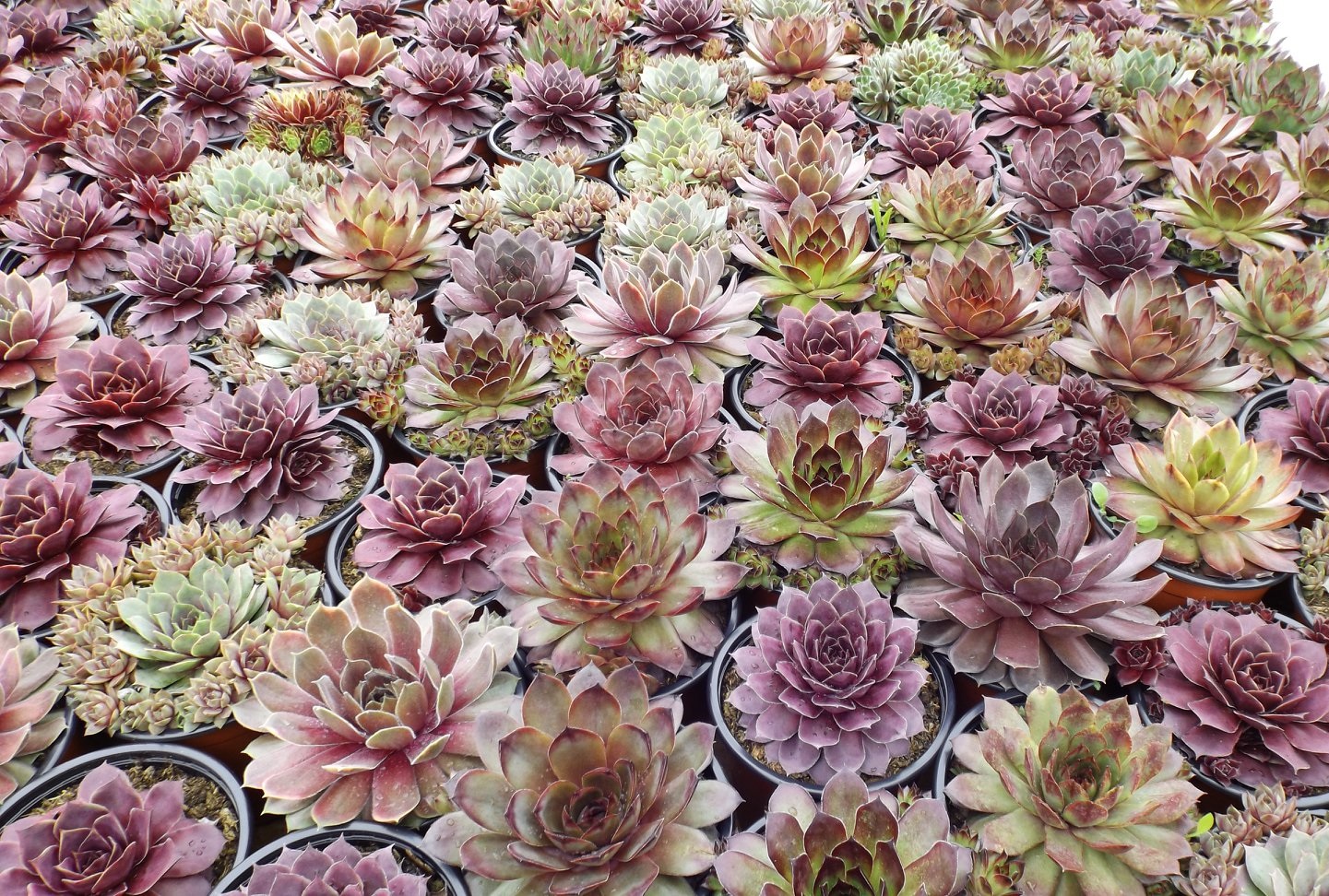An orchard is a cultivated plot of land where fruit trees are grown. These serene landscapes, filled with the promise of a bountiful harvest, have been cherished for centuries. From apple orchards to citrus groves, orchards offer a delightful blend of natural beauty and culinary delight.
The Allure of Orchards
- Aesthetic Appeal: Orchards, with their rows of fruit-laden trees and colorful blossoms, are visually stunning. They create a sense of peace and tranquility.
- Fresh, Local Produce: Orchards provide a source of fresh, locally grown fruits, often picked at the peak of ripeness.
- Healthy Lifestyle: Consuming fresh fruits, such as apples, pears, and berries, is linked to various health benefits, including improved digestion, boosted immunity, and reduced risk of chronic diseases.
- Community and Tradition: Orchards have long been associated with community gatherings, festivals, and cultural traditions. They often serve as gathering places for families and friends.
Types of Orchards
- Pome Fruit Orchards: These orchards primarily grow fruits that have a core, such as apples, pears, and quince.
- Stone Fruit Orchards: These orchards produce fruits with a single seed enclosed in a pit, including peaches, plums, cherries, and apricots.
- Citrus Orchards: These orchards cultivate citrus fruits like oranges, lemons, limes, and grapefruits, typically in warm climates.
- Nut Orchards: These orchards produce nuts, such as almonds, walnuts, and hazelnuts.
Challenges and Sustainability
Orchard management requires careful consideration of several factors:
- Pest and Disease Control: Orchards are susceptible to various pests and diseases, such as aphids, codling moths, and fungal infections. Integrated pest management practices, including biological control and selective pesticide use, are essential.
- Climate Change: Climate change poses significant challenges to orchard health, including extreme weather events, shifting growing seasons, and increased pest and disease pressure.
- Soil Health: Maintaining healthy soil is crucial for orchard productivity. Practices like cover cropping, composting, and avoiding excessive tillage can help improve soil health.
By embracing sustainable practices and adapting to changing environmental conditions, we can ensure the continued vitality of orchards and the enjoyment of fresh, locally grown fruits for generations to come.



